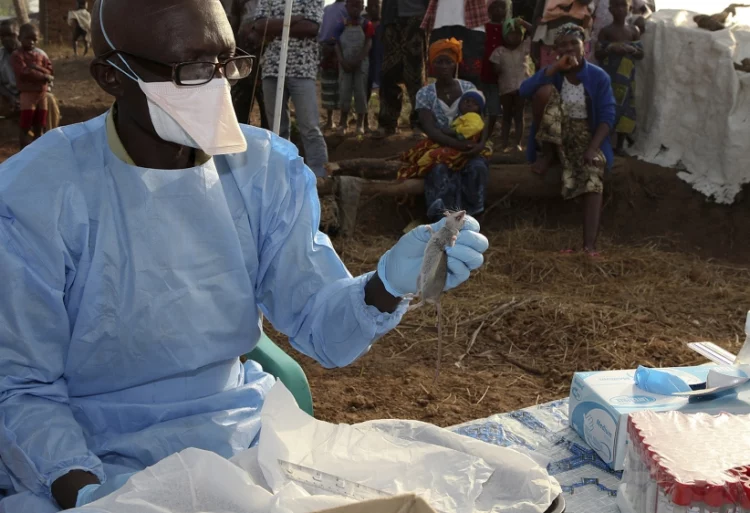The Nigeria Centre for Disease Control and Prevention (NCDC) reported on Sunday that at least 118 people have died from Lassa fever since the beginning of the year.
In its statement, the NCDC revealed that 3,465 suspected cases had been recorded across 33 states, 645 of which were confirmed through laboratory tests.
Lassa fever, an acute viral illness, is endemic in Nigeria and primarily transmitted to humans through contact with food or household items contaminated by rodent urine or faeces. Despite years of campaigning, improvements in environmental hygiene, particularly in poorer rural areas, have been minimal, allowing rats continued access to homes, food, and utensils.

In response, the NCDC deployed Rapid Response Teams to 10 states and called for greater efforts from state governments and the private sector to combat the outbreak.
Symptoms of Lassa fever initially present like the flu, including sore throat, muscle aches, cough, nausea, vomiting, and diarrhoea. As the disease advances, severe cases may lead to facial swelling, fluid accumulation in the lung cavity, and bleeding from the mouth, nose, and other areas of the body.
Early intensive supportive care, including rehydration and symptomatic treatment, improves survival chances. While most individuals will recover fully, the disease can still be fatal.


